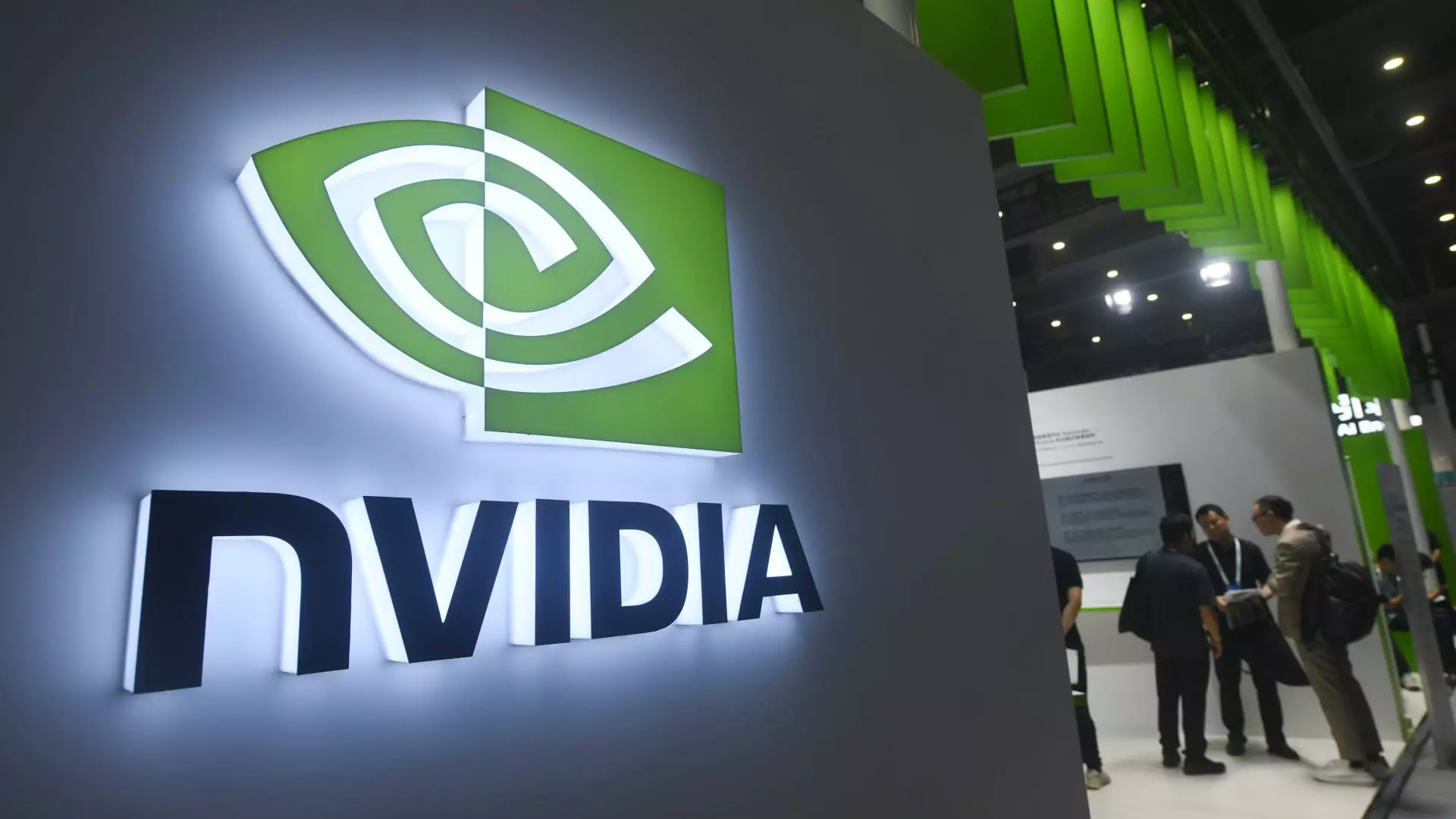As the healthcare industry grapples with overwhelming administrative burdens, the HLTH 2023 conference in Las Vegas has become the epicenter for technological innovation aimed at alleviating these challenges. Running from Sunday to mid-week, HLTH is expected to attract over 12,000 participants, including industry leaders from tech giants such as Nvidia, Google, and Microsoft. Their primary focus? Showcase artificial intelligence (AI) tools designed to streamline workflows and enhance productivity among healthcare professionals. Amidst mounting documentation demands, the push for AI solutions has never been more urgent.
Healthcare professionals often find themselves buried under a mountain of documentation. The responsibility of managing patient records, communicating with insurance providers, and adhering to regulatory requirements results in countless hours spent on clerical tasks rather than direct patient care. Various studies, including recent research released by Google, highlight that clinicians dedicate nearly 28 hours a week to administrative duties. Alarmingly, 80% of these providers feel this work takes away from their time with patients. This strain not only contributes to clinician burnout but is a significant factor in the anticipated shortage of 100,000 healthcare workers by 2028.
In an era where chronic staffing shortages and clinician burnout seem epidemic, technology firms are stepping up with claims that their AI solutions can offer a lifeline. The projected size of the healthcare technology market, potentially hitting $6.8 trillion by the end of the decade, has spurred a competitive race among tech companies aiming to revolutionize the sector.
At HLTH 2023, numerous companies will unveil AI tools specifically designed to tackle the administrative overload in healthcare settings. Google’s Vertex AI Search for Healthcare is one such offering, enabling developers to create solutions that facilitate quick and efficient access to fragmented medical records. Beneficial features from Google’s Healthcare Data Engine are also set to assist organizations in building the infrastructure needed to support generative AI technologies.
Microsoft is also making strides toward reducing clinicians’ administrative workloads. Announced just days before the conference, Microsoft’s suite of tools includes a health-care agent service, medical imaging models, and specialized documentation solutions for nurses. One notable product is DAX Copilot, an automated documentation tool acquired through Microsoft’s $16 billion purchase of Nuance Communications. This AI-driven tool helps doctors generate clinical notes from patient interactions, freeing up precious time otherwise spent on manual entry.
As the HLTH conference unfolds, other players in the AI scribe space, such as Abridge and Suki, will also have a noticeable presence. Abridge, which recently attracted significant investment from Nvidia’s venture capital arm, is among those claiming a rapid adoption of AI-driven documentation tools that they feel is unprecedented in healthcare’s history.
Nvidia, synonymous with powerful graphics processing units (GPUs), is also heavily invested in healthcare innovation. At HLTH, Kimberly Powell, Nvidia’s Vice President of Healthcare, is scheduled to share insights on how generative AI can allow healthcare workers to “dedicate more time to patient care.” With its GPUs being integral to training AI models, Nvidia’s success in the healthcare domain is evident in their expanding partnerships with established companies such as Johnson & Johnson and GE HealthCare.
Moreover, Nvidia’s stock has skyrocketed—experiencing a 150% increase in 2023, largely fueled by the burgeoning popularity of AI tools and applications such as ChatGPT. The surge in its market value reflects not just investor confidence, but also the significant role Nvidia aims to play in streamlining healthcare applications.
While the excitement surrounding administrative AI tools at HLTH 2023 is palpable, many healthcare systems remain in the nascent stages of evaluating these technologies. Systematic adoption of AI in healthcare has been historically slow, but the momentum garnered over the past few years, particularly since the rise of generative AI tools, signals a transformative shift.
However, as healthcare organizations consider these innovations, they must navigate various challenges—such as compliance with regulatory standards, integration with existing systems, and training staff to adapt to new technologies. Addressing these hurdles will be key to successfully implementing AI solutions in healthcare environments.
The HLTH 2023 conference illuminates a pivotal moment for healthcare technology. The convergence of AI with healthcare represents not just an opportunity to reduce clinician burdens but a fundamental rethinking of how care is delivered. As major players showcase their latest innovations, one can only hope that these tools genuinely enhance the efficiency and effectiveness of healthcare, ultimately benefiting both providers and patients alike. With the right implementations and a collaborative approach, the future of healthcare powered by AI can potentially reshape the industry for the better.

